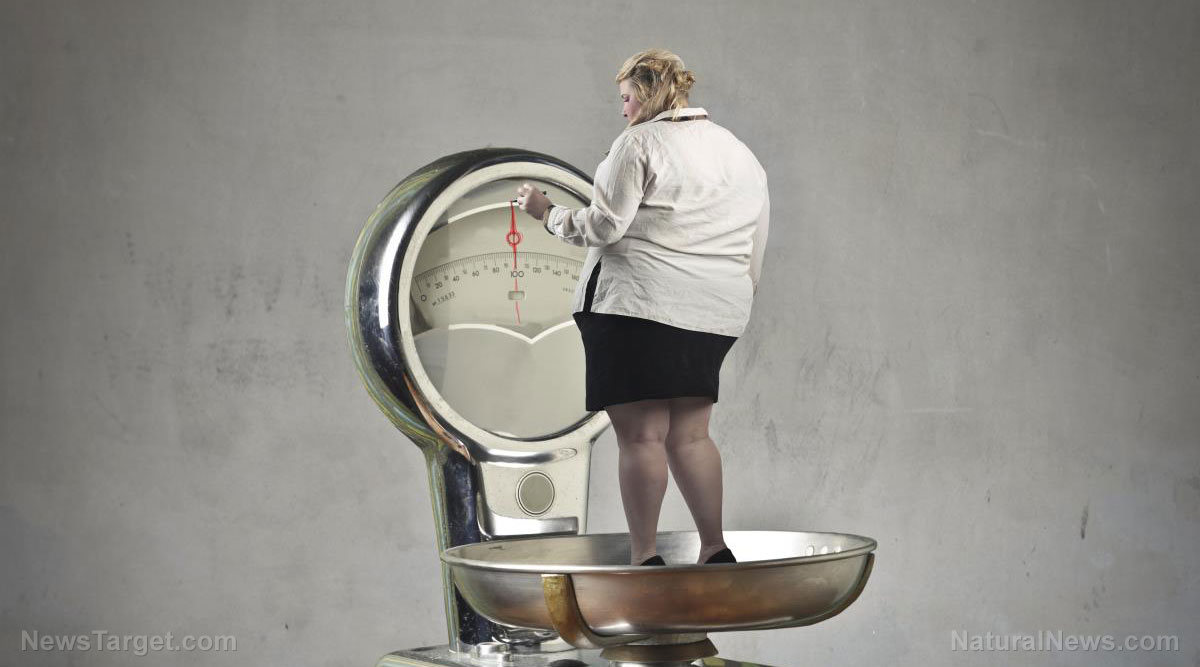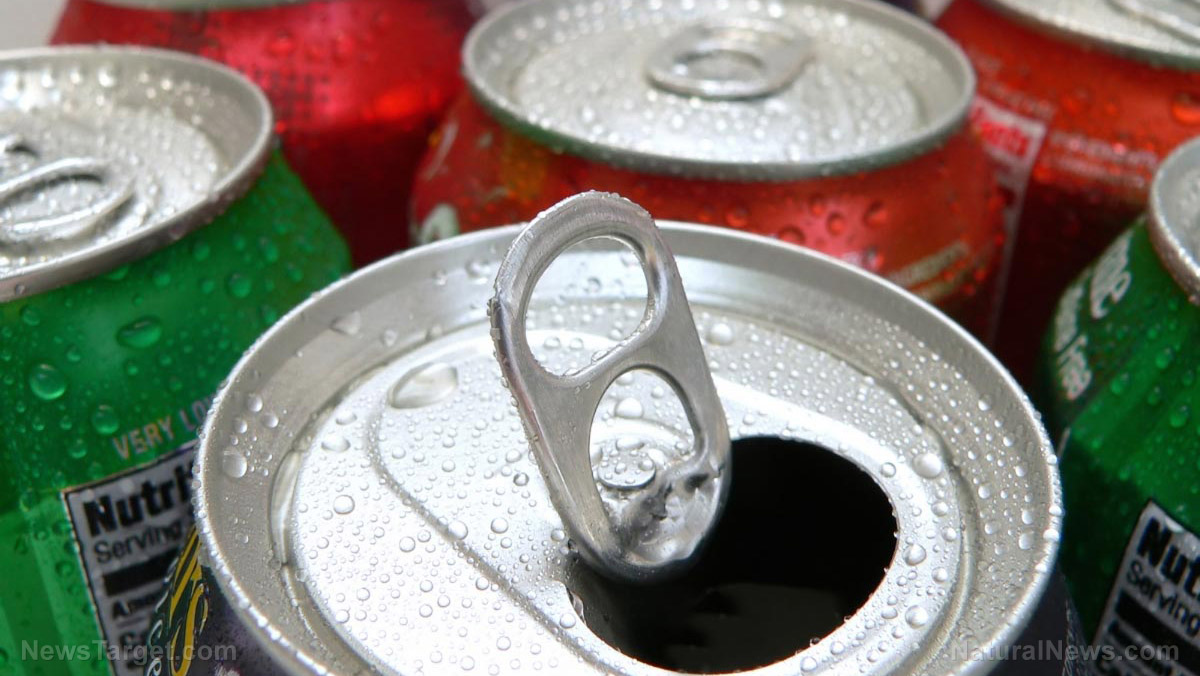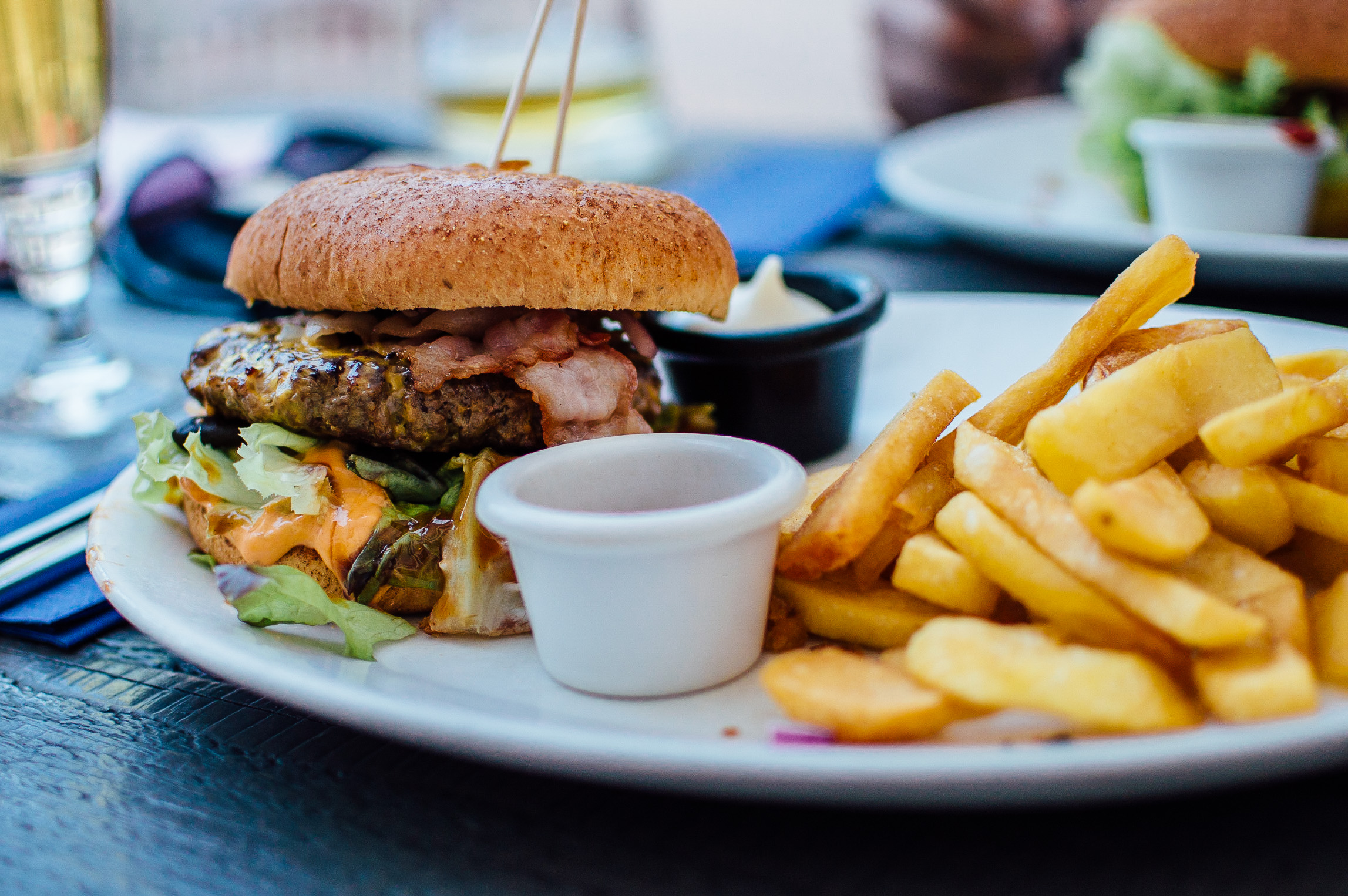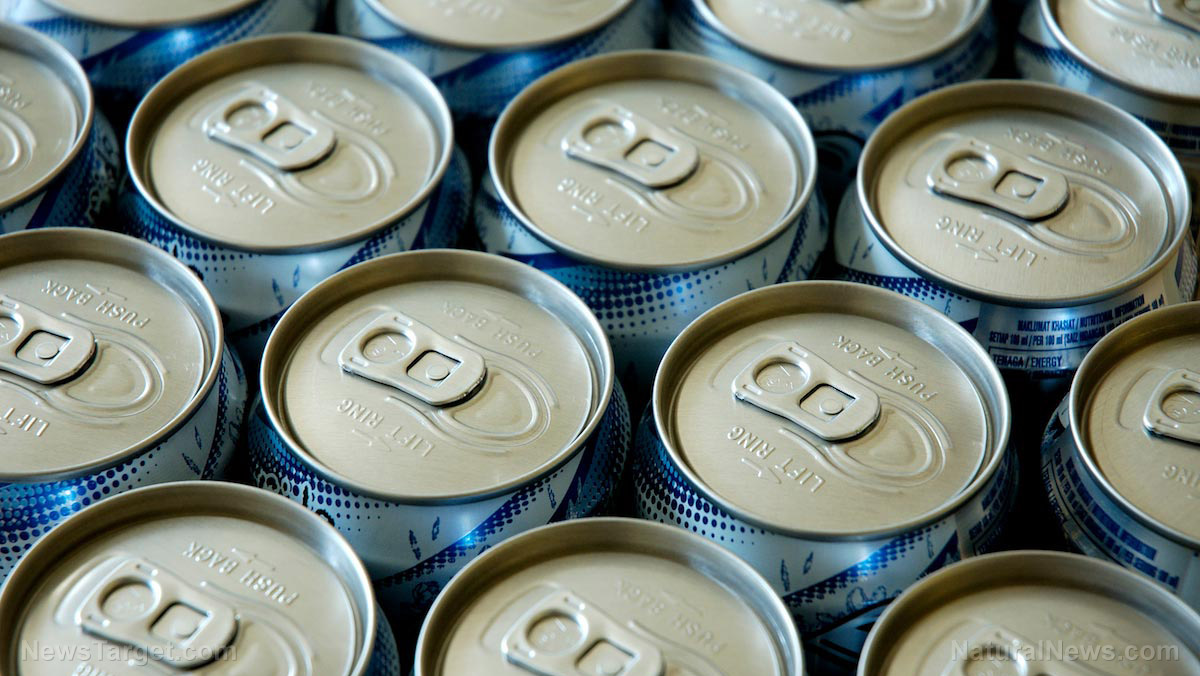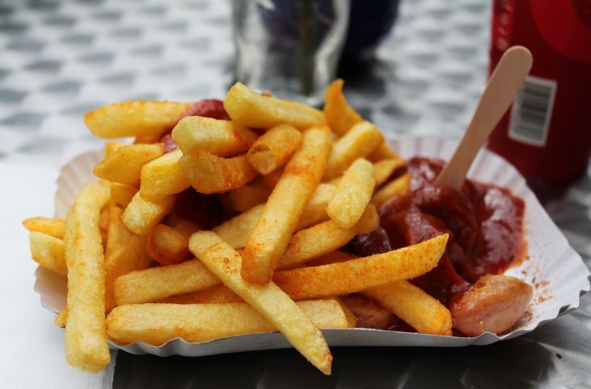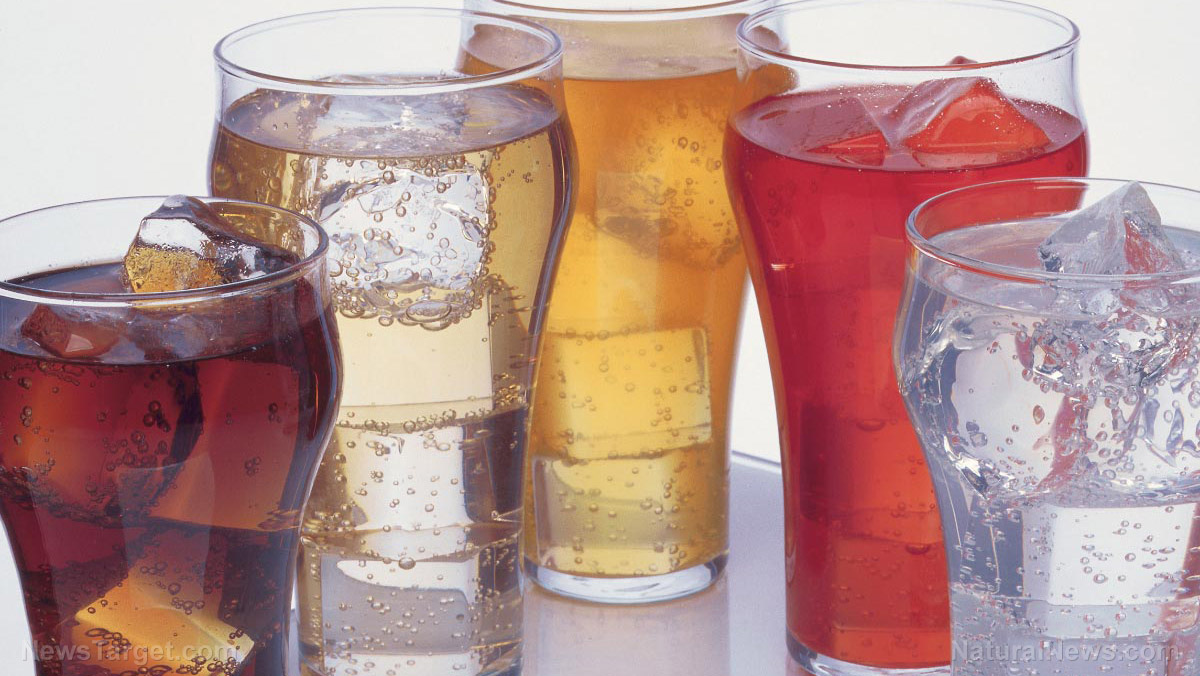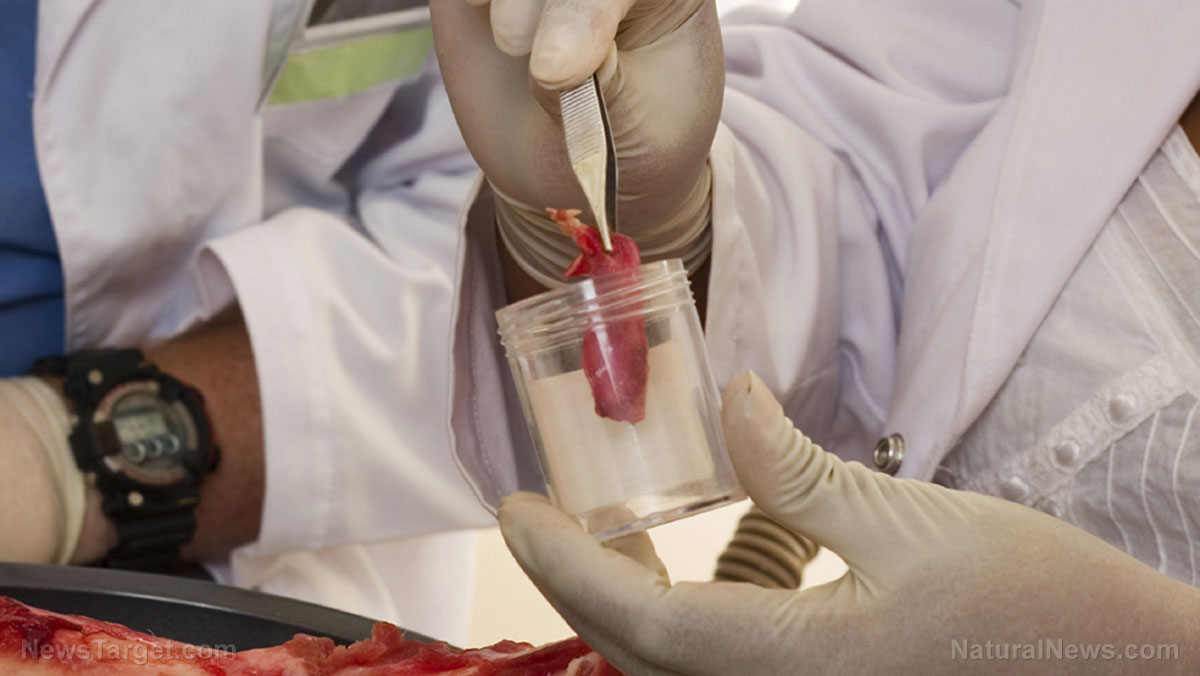Eating junk food causes DEPRESSION that most people treat with pills rather than nutrition
06/11/2017 / By Isabelle Z.
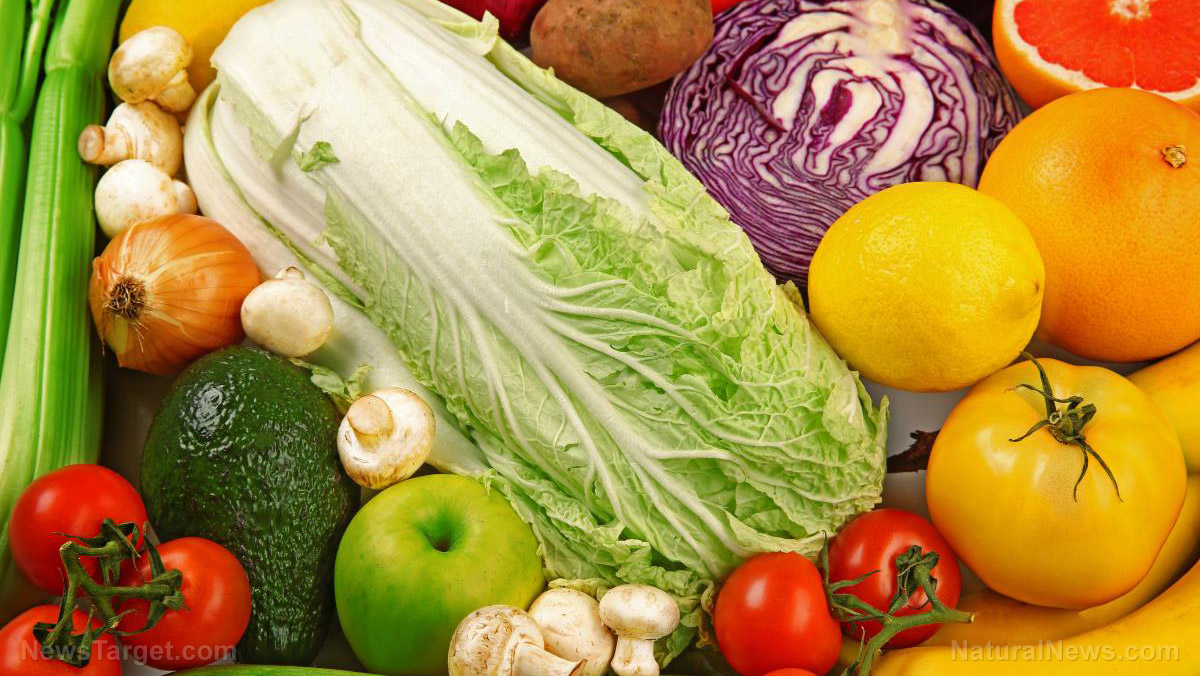
Depression is on the rise, and there is no shortage of advice out there for the 15 million American adults who suffer from it. Unfortunately, a lot of this advice steers people toward taking antidepressants, which opens them up to a whole other world of problems that can be even more devastating than the disease itself.
You might come across articles touting the benefits of therapy, which is a safe and effective route for many sufferers, but another very valid approach that can help people make real progress tends to get glossed over: A healthy, well-balanced diet. Some articles about depression might briefly mention getting a good night’s sleep and eating a proper diet almost as an afterthought, but the significance of proper nutrition when it comes to depression is far greater than many people realize.
In fact, Dutch scientists recently found that the damage to tiny blood vessels caused by a poor diet can increase a person’s risk of depression by nearly 60 percent. Eating junk food can lead to high blood pressure and diabetes, both of which can destroy the tiny blood vessels known as capillaries that carry oxygen throughout the body. When these capillaries are damaged, the body’s organs get a reduced supply of oxygen. The kidneys, nerves, skin and eyes can all be affected, and one organ that is particularly vulnerable is the brain. A lack of oxygen to the brain disrupts chemical levels, and this neurotransmitter imbalance is believed to be a cause of depression.
Their conclusion was reached after analyzing data from more than 43,000 adults above the age of 40 — 9,203 of whom had been diagnosed with depression — across 712 studies. Those whose blood showed signs of injury had a 58 percent higher risk of developing depression, while those who had endured small strokes due to capillary failure had a 30 percent higher risk of depression.
Study after study links poor diet to depression
This supports the findings of a study published earlier this year in BMC Medicine wherein depressed people who switched from a poor diet to a healthier Mediterranean diet noted a significant improvement in their levels of depression. In that study, nearly a third of those who cleaned up their diet found their depression symptoms going into complete remission.
The Mediterranean diet focuses on organic fruits and vegetables, whole grains, and olive oil, as well as legumes and nuts. It’s low in meat, while dairy and alcohol intake are moderate. Another study from the Journal of the American Medical Association found that those who closely adhere to the Mediterranean diet had a risk of depression that was 30 percent lower than those who did not follow it.
Meanwhile, a study that was carried out by University of Melbourne researchers involving more than 900 women over the course of ten years found that those who ate a diet that was high in foods like pizzas, hamburgers, white bread, beer, and sugary foods were 50 percent more likely to suffer from depression or anxiety than those who did not eat such an unhealthy diet.
Look to your kitchen, not a pill bottle
Improving your diet might sound like a simple solution, but the reality of giving up longstanding habits can be quite a challenge – and pharmaceutical companies have a lot at stake in convincing you that their pills are a convenient answer. Popping a pill is indeed a lot easier than giving your diet an overhaul, but many people who take the easy way out end up regretting it.
Not only are most antidepressants shockingly ineffective, but they’ve also been associated with side effects like nausea, weight gain, insomnia, loss of sexual desire, and an increased risk of suicide. Eating a nutritious diet, on the other hand, has side effects like improved heart health, weight loss, increased energy, better overall health, and increased longevity. If you’re depressed and want to improve your mental and physical health at the same time, these studies show you won’t find the answer in a pill bottle; you’ll find it in your kitchen.
Sources:
Tagged Under: Antidepressants, depression, nutrition



